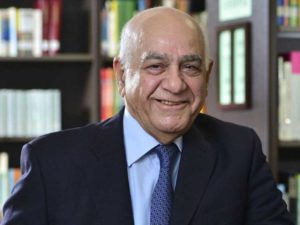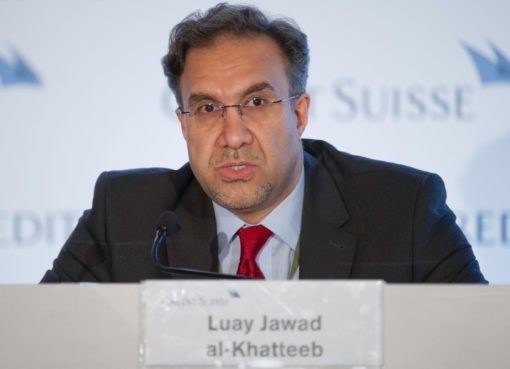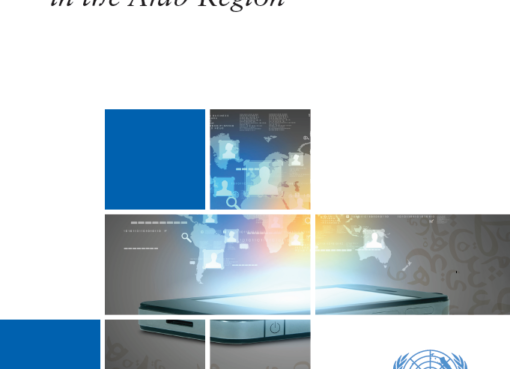
Alliance with Oman for Duqm plant is a model others in the Gulf can follow
It is ironic that Kuwait retires a large and complex refinery and signs a joint venture with Oman to build another large and more complex refinery all in the same week.
Kuwait finally retired the Shauiba refinery, a scheme talked about for many years, after serving for almost 50 years. The move is seen to be premature as the original plan was to shut down after the completion of the expansion of Mina Al Ahmadi and Mina Abdullah refineries due in late 2018, or completion of the new Alzor refinery — optimistically — a year later. These projects while underway were delayed by years due to political differences that took a long time to resolve.
The Shuaiba refinery was formally closed on April 1. The plant was commissioned in 1968 with an output of 95,000 bpd and expanded in the mid-1990s to 200,000 bpd. A serious fire in 2014 may have expedited the decision for closure.
The decision is expected to require Kuwait to import fuel oil to the tune of 120,000 barrels a day in summer and 70,000 in winter to fuel its power generation stations for “around a year”, according to KNPC’s CEO Mohammad Al Mutairi. And only after the completion of the Alzor refinery, according to Oil Minister Essam Al Marzouq.
NewsBase has reported, “Al Mutairi said that KNPC was working with an unnamed Italian company to sell some of the operating units at Shuaiba that are due to be permanently closed”. That’s an excellent idea compared to the destination of a scrap yard.
Joint venture
As for fuel oil import, one hopes that Kuwait will import surplus Iraqi fuel oil that may be sufficient for all its needs and could be considered optimum for both countries. It can be delivered by sea tankers from Khor Al Zubair port or by trucks directly to Kuwait’s power stations.
On April 9, a joint venture agreement was signed between Oman Oil Company and Kuwait Petroleum International (KPI) to build the Duqm Refinery and Petrochemical Industries Company (DRPIC). “The Times of Oman” reported that “The project, which will have a capacity to refine 230,000 bpd, is one of the most important industrial projects in the Duqm Special Economic Zone.”
The project was conceived in 2009 and the joint venture agreement with the Emirates’ International Petroleum Investment Company (IPIC) was signed in 2012. However, IPIC withdrew from the project in November 2016 to concentrate on the Fujairah refinery and other projects within the UAE. This opened the door for KPI to step in and sign a memorandum to “cooperate on the development of Duqm Refinery & Petrochemical Complex” and to explore “additional participation from strategic third-parties”.
The parties agreed that the petrochemicals complex will be added “at a later phase”. The Duqm refinery is a 50:50 venture between Oman and Kuwait and expected to take four years to complete. The door is still open for other parties to participate as financial closure is expected during the third quarter. The refinery is expected to be fed by 65 per cent Kuwait crude and the rest by Oman’s.
Negotiation for a crude oil and gas pipelines is in progress. Both participants agreed to seriously consider the petrochemical phase of the refinery where feasibility studies are now underway.
Work on site levelling and roads and housing is already complete and evaluation of the commercial EPC bids is underway.
Export-Import banks
While the refinery is expected to cost $7 billion (Dh25.6 billion), Oman is reported to be seeking $5 billion in debt financing from local and international banks. Export-import banks are said to be interested too.
For such a large project there is going to be a bid for the process units, a bid for offsite and utilities, and a bid for buildings and other ancillary facilities, which is the normal practise in the hydrocarbon industry when a project exceeds certain proportions.
The refinery is said to be state-of-the-art and will have a high degree of complexity to produce higher value products of naphtha, gasoline, diesel and LPG at European standards and with little heavy products.
While all this is going on, there is the possibility of a similar oil refinery and petrochemical complex at Duqm as part of a $10.7 billion Sino-Oman industrial city, according to an agreement between Oman and Wan Fang LLC, which represent Chinese interests. The question is why can’t the two companies merge and avoid the duplication of supporting facilities?
The Oman Kuwait agreement could serve as a model for other Arab countries projects. Economically investing in our region could be far more profitable than investing in other more mature markets.
(*) Saadallah Al Fathi is a former head of the Energy Studies Department at the Opec Secretariat in Vienna. He is Iraqi national in the diaspora.
Source: Gulf News, April 16, 2017
http://gulfnews.com/writers/saadallah-al-fathi








Comment here